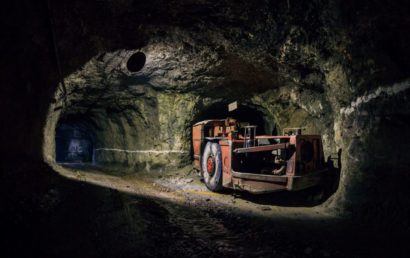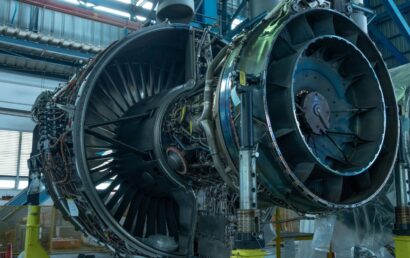How To Deal With Corrosion Issues In Biomass Power Plants
Low-carbon fuel solutions is something that the world is quickly moving toward. Growing steadily are the numbers of powerplant boilers combusting recycled or biomass fuel. In Europe alone, there are over 1000 biomass boilers. Various fuels are used in these boilers such as recycled/fresh wood, forest residue, and even waste materials (these can include straw and other agricultural crops).
Along with biomass plants comes a serious problem: severe corrosion.
The Problem of Corrosion in Biomass Power Plants
Certain burnt fuels cause material wastage and corrosion. These fuels contain corrosive elements such as chlorine, alkali metals, and more. Other problems produced by these burned fuels are shorter boiler tubing lifetimes, tube leakages, and tube failures. In a worst-case situation, massive safety and economic repercussions could result from an emergency boiler shut down because of corrosion. And who needs that?
Tackling The Problem of Corrosion
In powerplant boilers, the problem of corrosion can be prevented, or at the very least, slowed. Limiting steam pressures and maximum temperatures is one way. But profitability and the overall efficiency of your plant can be lowered by bringing down your plant’s electricity production capacity and heat production.
Other ways of preventing or slowing corrosion are varied tube material selection and chemical additives such as sulfur compounds. And whereas, these are all fine and good, the most reliable and cost-effective way to win the fight against corrosion is through HVOF iron-based and nickel-based protective coatings. High alloyed materials such as these can typically be applied as thermal spray coatings or weld overlays. They lower costs by increasing corrosion resistance.
In biomass power plants, this frequently involves the load carrying base tube.
Preventing Corrosion through Protective Coatings
An experienced, knowledgeable thermal coating company can help determine the specific needs of your unique environment. Typically, a performance evaluation concerning these types of coatings ranges from excellent down to sufficient. For the prevailing environments, coatings must be accurately selected for their composition, denseness, and adherence to the substrate. The circumstances used to determine the performance of a coating are simulated recycled fuel combustion and biomass combustion performed in real furnace conditions.
Coatings can be tested in actual powerplant settings or in laboratory simulations. Coatings are tested in high-temperature, harsh corrosion conditions. Particularly for high-velocity thermal sprays, coating parameters can be optimized to suit the specific demands of a particular plant.
Today’s most renowned, well established, reputable thermal spray companies are in-the-know when it comes to the latest high-tech processes. This should also be true of all of the materials used to suit the extreme conditions present in biomass power plants. The best companies will work with your organization on research and development projects to precisely arrive at the appropriate plan of attack which to protect your components, parts, machinery, products, etc. A & A Coatings is one of those companies.
Corrosion is a problem that plagues an untold number of industries. It can have devastating effects on a businesses’ bottom-line. Corrosion increases maintenance costs and decreases productivity. It is the enemy. But with someone like A & A Coatings on your side, you could win the war against corrosion. Contact us today to find out how.



